Nature has no principles. She makes no distinction between good and evil
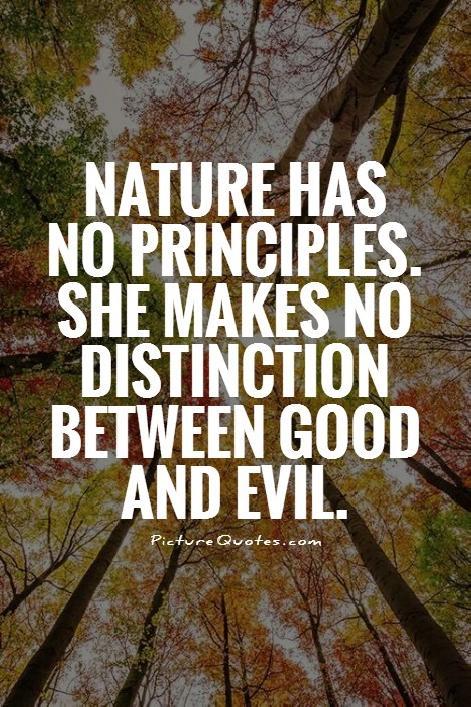
Nature has no principles. She makes no distinction between good and evil
Anatole France, a French poet, journalist, and novelist, once famously said, "Nature has no principles. She makes no distinction between good and evil." This statement reflects a deep understanding of the natural world and the inherent lack of moral judgment within it.Nature, in its purest form, operates on a set of laws and principles that govern the physical world. These laws are based on cause and effect, and do not differentiate between what humans perceive as good or evil. For example, a hurricane does not discriminate between destroying a village or a forest; it simply follows the laws of physics and meteorology. In this sense, nature is indifferent to human concepts of morality.
Furthermore, the idea that nature makes no distinction between good and evil can also be seen in the animal kingdom. Animals do not possess a moral compass like humans do; they simply act on instinct and survival. Predators kill their prey without remorse, and animals fight for dominance without considering the consequences. This lack of moral judgment is a fundamental aspect of the natural world.
However, it is important to note that while nature may not have principles in the human sense, it does operate on a delicate balance that can be disrupted by human actions. For example, deforestation, pollution, and climate change are all examples of how human activities can have negative consequences on the environment. In this sense, humans have a responsibility to act as stewards of the natural world and protect it from harm.



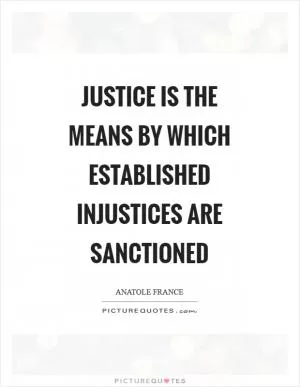

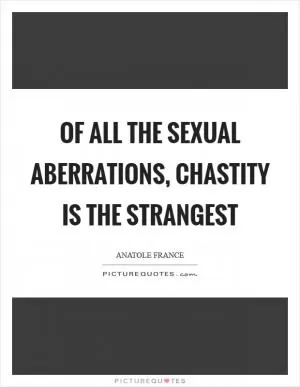
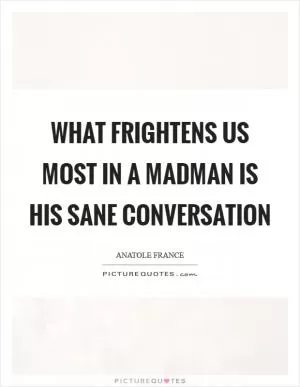



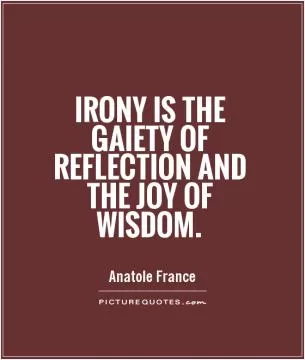

 Friendship Quotes
Friendship Quotes Love Quotes
Love Quotes Life Quotes
Life Quotes Funny Quotes
Funny Quotes Motivational Quotes
Motivational Quotes Inspirational Quotes
Inspirational Quotes